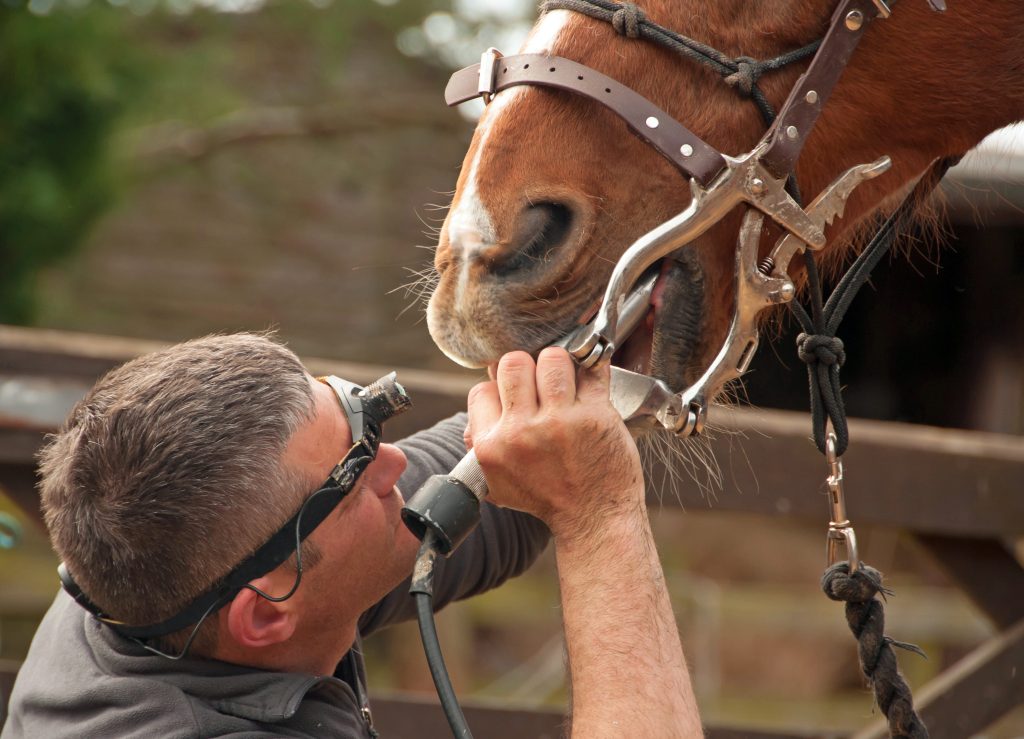When it comes to the fascinating world of equines, one peculiar behavior that often raises eyebrows is a horse biting its tongue. This behavior can be concerning for horse owners and enthusiasts alike. Understanding why a horse might engage in this behavior and how to address it is crucial for maintaining the well-being of these majestic creatures. In this article, we delve into the various aspects of horse biting tongue, shedding light on causes, effects, and potential solutions.

Understanding Horse Tongue Anatomy
Before diving into the reasons behind this behavior, it is essential to understand the anatomy of a horse’s tongue. The tongue plays a vital role in a horse’s ability to eat, drink, and communicate. It is a muscular organ, highly sensitive, and integral to the horse’s overall health.
The Role of the Tongue in Feeding
For horses, the tongue is not just a tool for tasting. It assists in manipulating food inside the mouth, mixing it with saliva, and pushing it towards the throat for swallowing. Any disruption in this process can lead to feeding difficulties.
Why Do Horses Bite Their Tongues?
The reasons behind a horse biting its tongue can vary. Here are some common causes:
Dental Issues
One of the primary reasons is dental problems. Sharp edges on teeth, misalignment, or overgrown teeth can cause discomfort, leading horses to bite their tongues inadvertently. Regular dental check-ups, as outlined in this horse dental exam checklist, are crucial to prevent such issues.
Stress and Anxiety
Like humans, horses can also experience stress and anxiety, which might manifest as tongue biting. Identifying stressors in the environment and minimizing them can help alleviate this behavior.
Inappropriate Bit Fit
An ill-fitting bit can cause discomfort in a horse’s mouth, leading to tongue biting. Ensuring that the bit is appropriately sized and comfortable is critical for a horse’s oral health. For a comprehensive guide on selecting the right bit, you can explore mouth exam checklist.
Neurological Issues
In some cases, neurological problems can lead to involuntary tongue movements, including biting. Consulting with a veterinarian is essential for diagnosing and addressing such conditions.
The Effects of Tongue Biting
Biting the tongue can have several adverse effects on a horse’s health and behavior:
Difficulty Eating
A horse that frequently bites its tongue may find it challenging to eat, leading to weight loss and nutritional deficiencies.
Oral Injuries
Continuous tongue biting can cause cuts and sores, making the horse’s mouth susceptible to infections.
Behavioral Changes
Pain and discomfort from tongue biting can lead to changes in behavior, such as aggression or withdrawal.
Solutions and Preventive Measures
Addressing the root cause of tongue biting is essential for preventing further issues. Here are some solutions:
Regular Dental Care
Ensuring regular dental check-ups for your horse can help identify and rectify dental issues early on. Refer to this dental care guide for more insights.
Stress Management
Creating a stress-free environment and providing adequate mental stimulation can reduce anxiety in horses.
Proper Bit Fitting
Consulting with an experienced equestrian can help ensure the bit fits well, reducing the likelihood of tongue biting.
Veterinary Consultation
If tongue biting persists, consulting a veterinarian for a thorough examination and diagnosis is crucial. Neurological issues can require specialized treatment. For more on equine dentistry and related issues, visit this resource.

FAQs
Why does my horse keep biting its tongue?
Horses may bite their tongues due to dental problems, stress, or ill-fitting bits. Consulting a veterinarian can help identify the underlying cause.
Can tongue biting affect a horse’s eating habits?
Yes, frequent tongue biting can make eating painful, leading to weight loss and nutritional deficiencies.
How can I prevent my horse from biting its tongue?
Regular dental check-ups, proper bit fitting, and a stress-free environment can prevent tongue biting. Consult a veterinarian for persistent issues.
This article contains affiliate links. We may earn a commission at no extra cost to you.
